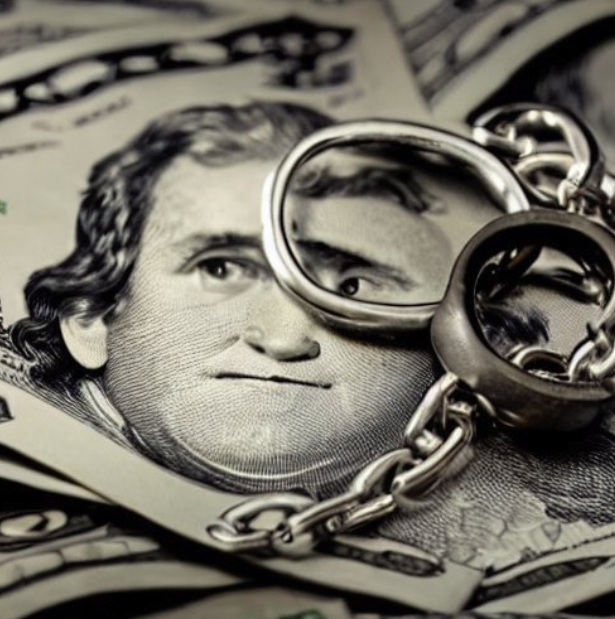November 16, 2022
Crypto Regulation, the FTX Accelerant
Book a Demo
FTX will push FCC Towards Crypto Regulation
According to Kevin Gallagher, a principal in Deloitte’s Casey Quirk asset management practice, the real worry is that FTX’s offshore operations would raise questions about the universe of crypto intermediaries as a whole.
The market has been in a months-long rut, dropping more than two-thirds of its value since November of last year.
Despite the fallout of centralized lender Celsius and now-defunct overleveraged hedge fund Three Arrows Capital, which brought contagion concerns from the collapse of the algorithmic stablecoin TerraUSD, crypto markets haven’t been able to regain their footing, thanks to the Federal Reserve’s painful interest-rate hikes.
Adding to the pain, FTX unraveled last week leaving many high flying crypto personalities with big exposure.
On Friday, FTX, a cryptocurrency trading platform that has fallen on hard times, filed for Chapter 11 bankruptcy protection. The US subsidiary of FTX.US, a quantitative trading firm called Alameda Research, and 129 other companies were listed in the proceedings.
On November 11, Sam Bankman-Fried, the founder of FTX, stepped down as CEO after being seen as a crypto wizard for saving ailing companies. SBF, who tweeted the day before his resignation, said, “I fucked up, and I should have done better.”
According to crypto research and data firm Messari, both bitcoin and ethereum are down more than 74% from their all-time highs after the news. Some have compared the catastrophic series of events to crypto’s “Lehman Moment.”
Wall Street is adopting crypto
Investors have been sinking into crypto throughout the prolonged bear market, until last week’s wave of bad news.
BlackRock, the world’s largest asset manager, which oversees $8 trillion in assets, partnered with Coinbase in August to allow institutional clients to manage and trade bitcoin. According to Bloomberg, Fidelity has been expanding its digital-asset unit since May as a result of its acquisition of the stablecoin issuer Circle.
Apollo Global, a private-equity powerhouse, has increased its digital-asset strategy over the past year, hiring Christine Moy, a former JPMorgan blockchain exec, to lead crypto efforts. Anchorage Digital is one of Apollo’s Web3 investments, and the firm plans to make more.
Mastercard has had a real thrust into the Crypto sphere, recently launching Crypto Secure a product to leverage AI to identify risky potential fraudulent activities and transactions. This is just one of many compliance driven tools that are gaining traction as the industry continues to move forward against a significant backdrop of fraud and failures.
Despite the quick and unexpected demise of a multi-billion dollar crypto empire, questions remain about how these firms will deal with digital assets going forward.
The crypto regulation will be impacted by FTX’s failure
There will be serious regulatory hurdles needed to be overcome before digital assets can become mainstream, and after FTX’s failure, a crackdown appears imminent.
Government officials spoke out against the crypto platform last week, voicing concerns about the risks of operating without adequate federal oversight and consumer protections. Maxine Waters, chair of the House Financial Services Committee, said, “There are major consequences when cryptocurrency entities operate without robust federal oversight and protections.”
The Wall Street Journal reported that the Department of Justice and the Securities and Exchange Commission are both investigating FTX for potential civil and criminal violations of securities laws.
Gary Gensler, the head of the SEC, said during an interview on CNBC Thursday that ‘investors need better protection in this space.’
Even before the FTX mess, Gensler has long called for stricter digital asset regulation. As a sign of a crackdown, the SEC fined Kim Kardashian over an inadequate disclosure when she promoted a cryptocurrency, EMAX token, on her Instagram account. According to Gensler, the agency’s tough approach to digital assets is intended to safeguard investors and may contribute to further crypto adoption.



